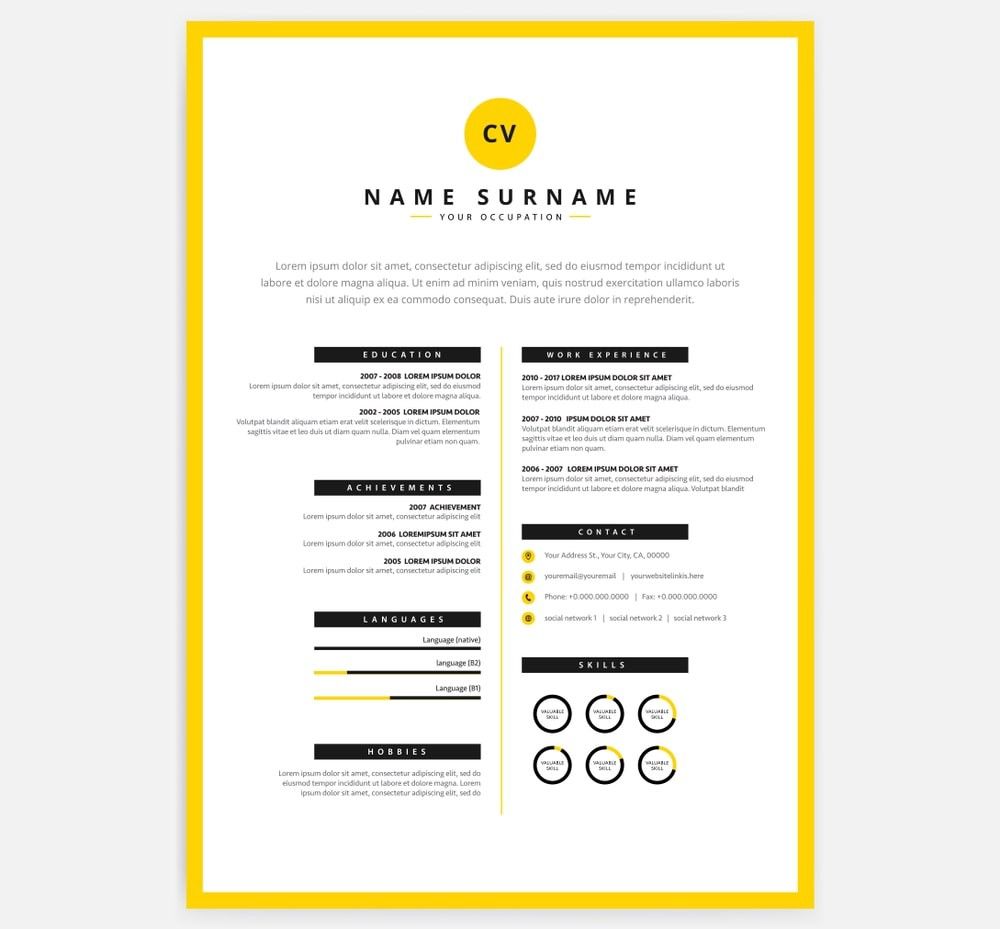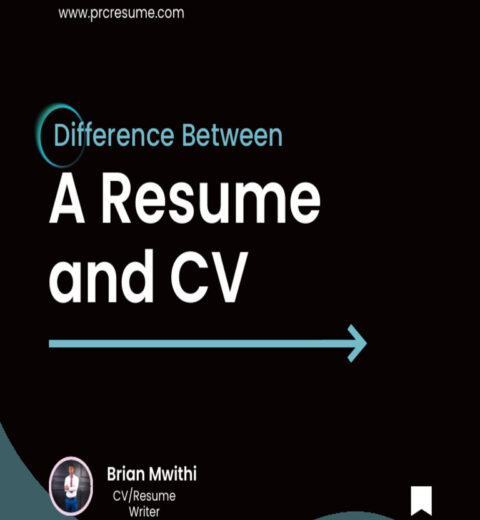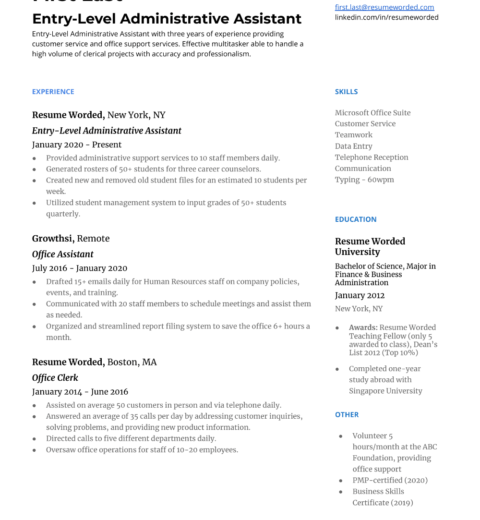In the competitive landscape of job hunting, one of the most pressing questions that candidates frequently ponder is, “How many pages should a resume be?” What might seem like a straightforward query is often laden with misconceptions and varying conventions. This article aims not only to provide a definitive resolution but also to challenge conventional wisdom, empowering job seekers to reframe their approach to resume composition.
To commence our exploration, it is crucial to understand that the length of a resume is not merely a matter of arbitrary rules; it is fundamentally tied to the candidate’s career narrative. A common adage suggests that a resume should be one page, especially for those early in their careers. However, this principle often oversimplifies the myriad factors that dictate the appropriate length for your specific situation.
One key element that influences resume length is the candidate’s professional experience. For individuals boasting extensive backgrounds—perhaps more than a decade of pertinent experience—restricting their accomplishments to a single page would invariably lead to the omission of significant achievements. Consequently, it is not uncommon for five to ten years of experience to warrant a two-page resume. This format facilitates a fuller articulation of career advancements, skills honed, and contributions made, thereby presenting a more holistic view of the candidate’s qualifications.
Conversely, those just embarking on their professional journeys or transitioning from academia may find that a concise, one-page resume suffices. In such scenarios, candidates often need to distill their academic achievements, internships, and pertinent extracurricular activities into a format that prioritizes clarity and focus.
Furthermore, the nature of the industry you are targeting can heavily influence the length of your resume. Creative industries, for instance, may lean towards more non-traditional formats where designs can take precedence over length. Hiring managers in these sectors might prioritize a visually compelling presentation rather than strict adherence to conventional resume lengths. Conversely, corporate sectors typically favor succinctness, making a crisp single or double page preferable.
Another dimension to consider is the evolving digital landscape—particularly the role of Applicant Tracking Systems (ATS). Many employers utilize these systems to filter candidates based on keywords and skills relevant to the job description. An excessively lengthy resume may lead to important keywords being buried within a veritable tome of text. Thus, a pointed approach, whether that’s one or two pages, often enhances the likelihood of successfully navigating these digital gatekeepers.
While contemplating the appropriate resume length, one should also assess the intended audience. Tailoring your resume to specific job applications can enable a strategic selection of content that both aligns with the employer’s expectations and articulates your most salient qualifications. In this sense, a well-crafted one-page resume might be far more impactful than an unfocused two-page document that struggles to maintain the reader’s interest.
However, should the debate tilt toward the two-page resume? The consensus appears to be increasingly leaning in that direction, particularly for experienced professionals. The document is often viewed as an evolving narrative of one’s career, allowing ample space to demonstrate growth and adaptability across various roles. Yet, this expansion should be judicious. Quality triumphs over quantity; every line must add substantive value to the overall presentation.
Consideration of layout and design is paramount in ensuring effective communication of your professional identity. Regardless of the page count, a resume should maintain a clean and streamlined aesthetic. Excessive use of fonts, colors, or graphics can detract from the content. It is essential to strike a balance whereby the resume effectively showcases your strengths while remaining reader-friendly.
Additionally, utilizing industry-specific vernacular can fortify your resume’s appeal, as it speaks directly to the hiring manager’s familiarity with the field. However, it is critical to maintain clarity; jargon can alienate readers if overused. Ensure your achievements and competencies resonate. If crafting a two-page resume, avoid thick blocks of text that may overwhelm the reader. Employ bullet points where appropriate to present information in an easily digestible format.
In the final analysis, the quandary of resume length is less an exercise in precision than it is a strategic endeavor. Candidates should view their resumes as stories that deserve thoughtful telling. A one-page resume may be sufficient for some, while others require the depth of two pages or beyond. The focal point should always remain on effective communication, ensuring that every word propels your professional narrative forward.
In conclusion, while the proverbial “one-size-fits-all” approach does not apply to resume length, strategic consideration of your unique journey, industry norms, and the current job market can yield a well-crafted document. Whether you opt for one page or two, remember that your resume is a reflection of your professional self, and it should be designed with intention and clarity. It might just be the turning point in your job search—make it count.




